What is the concept for achieving the success of women HR entrepreneurs in smaller cities? Talent and ability is sometimes not the answer. It concerns access, visibility, and the right platforms. In tier-2 and tier-3 cities, such challenges are stronger, but the opportunities are also strong.
The Landscape of Women in HR Leadership
The number of women professionals in HR is steadily increasing in India. However, in the second and third-level cities, the ride has its distinct problems. It is hindered by restricted access to leadership networks and mentorship opportunities. Lesser corporate ecosystems also help minimize exposure to various industries. Nevertheless, the place of these women leaders in the workplace culture is vital. They control individuals, make policies, and overcome communication Breaches between the management and employees.
Key Challenges Faced by Women HR Leaders
Before progress can be made, challenges need to be acknowledged. Women HR leaders in these cities often encounter:
● Limited professional networks restricting career growth
● Scarcity of leadership training programs tailored for smaller cities
● Social expectations and family responsibilities adding pressure
● Lower visibility compared to peers in metro cities These obstacles highlight the need for targeted initiatives to support women in HR roles.
Why Support Matters
Support is not just about offering resources. It is about creating ecosystems where women leaders feel recognized. Access to digital platforms has started bridging the urban-rural divide. Networking groups, online HR communities, and mentorship programs are making an impact. The right support allows women leaders to:
● Gain visibility and recognition
● Strengthen leadership skills
● Contribute innovative HR solutions to local businesses
● Inspire younger professionals in their communities
Building Opportunities in Tier-2 and Tier-3 Cities
How can real change be created for women HR leaders? It begins with tailored programs that address the specific needs of smaller cities. Upskilling workshops, leadership training, and access to HR conferences should not remain metro-centric. Organizations must partner with local institutions to offer affordable learning opportunities. Encouraging remote participation in leadership forums also gives women leaders the exposure they need.
Role of Technology in Empowerment
Technology is no longer optional. For HR leaders, digital tools open doors to networks and knowledge once out of reach. Webinars, online HR certifications, and virtual mentoring provide affordable and scalable solutions. Women leaders in tier-2 and tier-3 cities can now connect with global best practices while staying rooted in their local environments.
The Road Ahead
Women HR leaders outside metros are not just professionals; they are change-makers. They shape workforce policies, nurture inclusivity, and challenge stereotypes in workplaces. With the right mix of mentorship, technology, and corporate support, their growth can transform HR landscapes in emerging cities. Supporting these leaders is not only about empowerment, it is about building resilient organizations for the future.
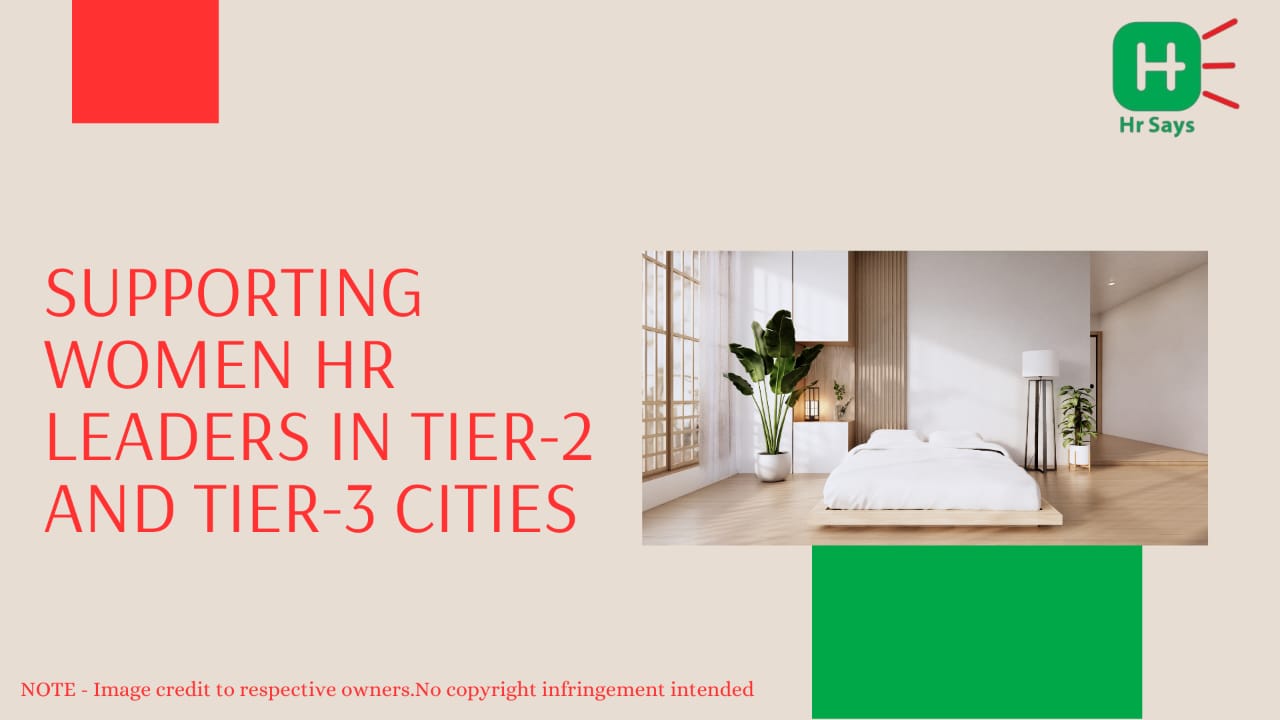
 Women HR leaders in tier-2 and tier-3 cities face challenges of visibility, access, and opportunity. With support through mentorship, technology, and training, they can thrive as change-makers while shaping stronger and inclusive workplaces across India.
Women HR leaders in tier-2 and tier-3 cities face challenges of visibility, access, and opportunity. With support through mentorship, technology, and training, they can thrive as change-makers while shaping stronger and inclusive workplaces across India.








.jpeg)
.jpeg)
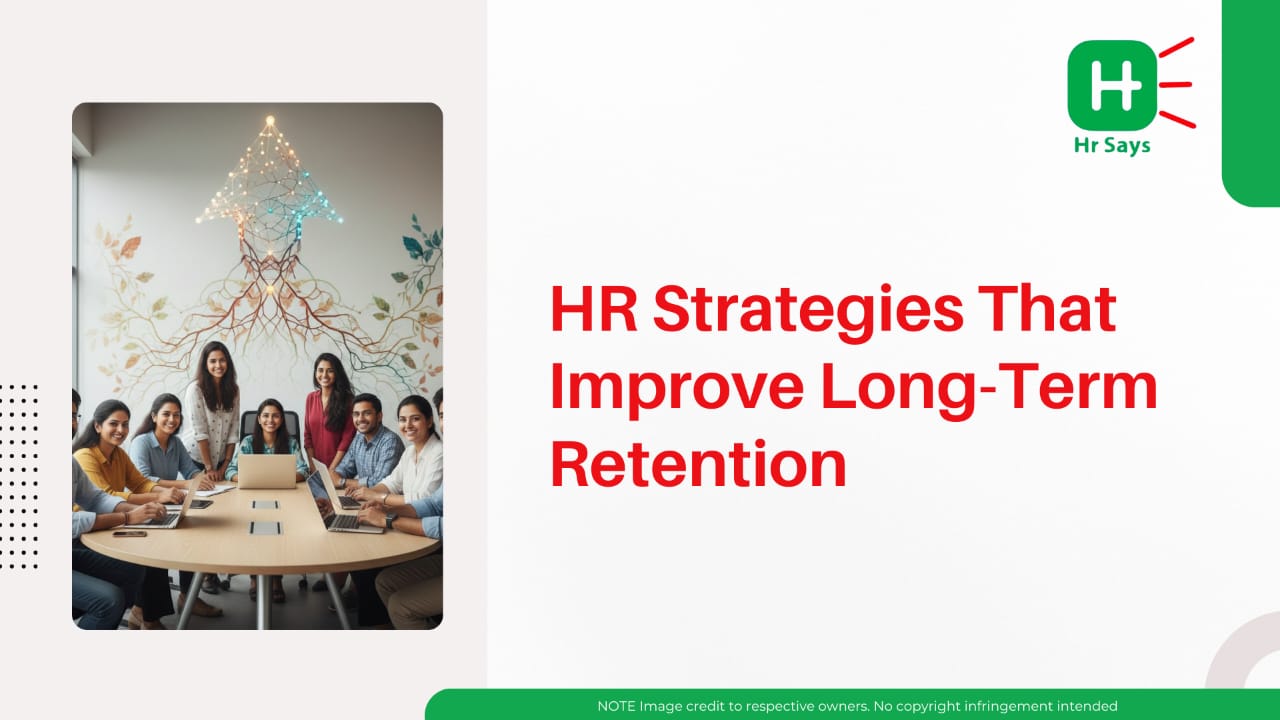
.jpeg)
.jpeg)
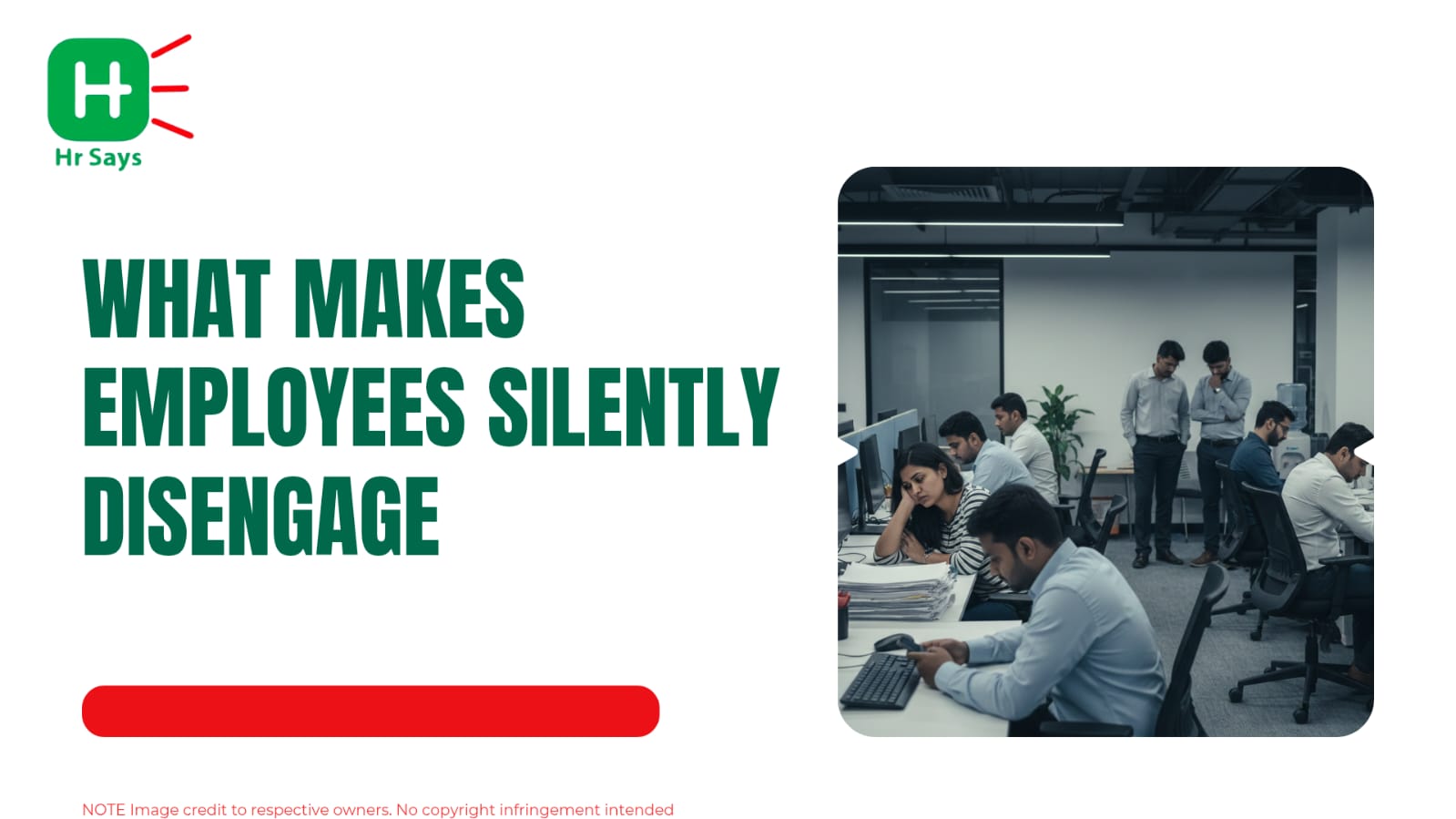
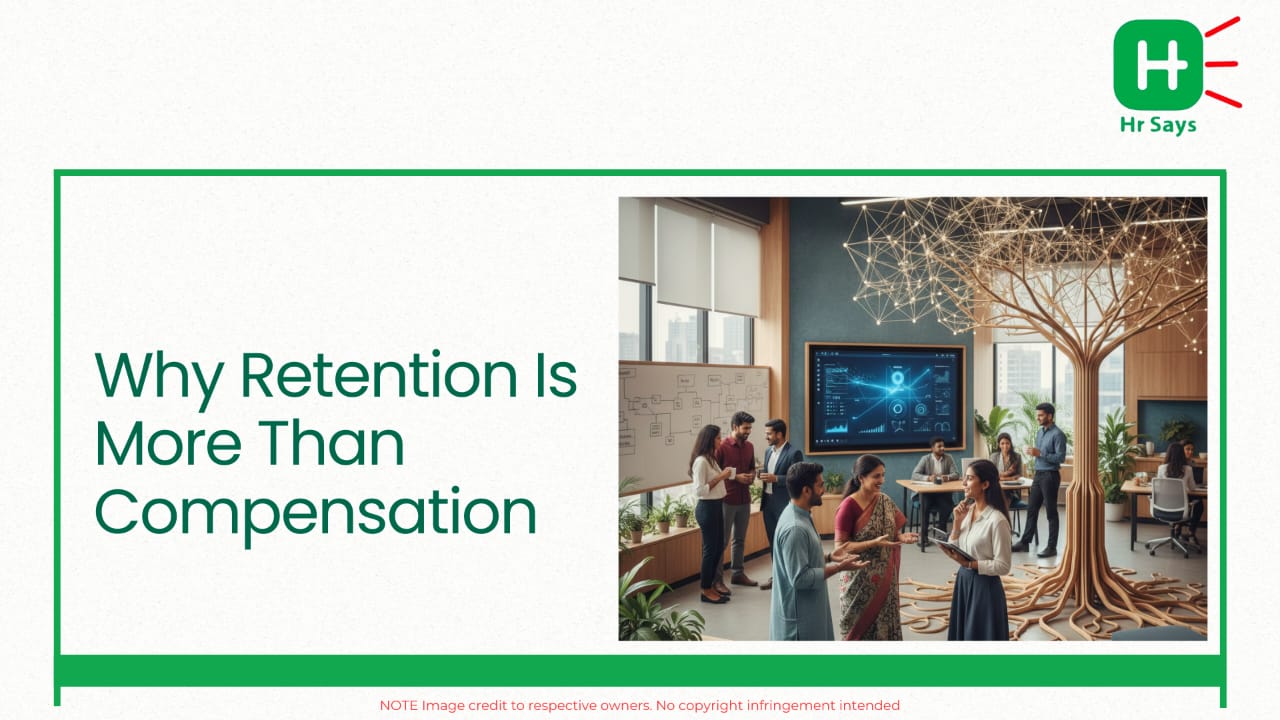
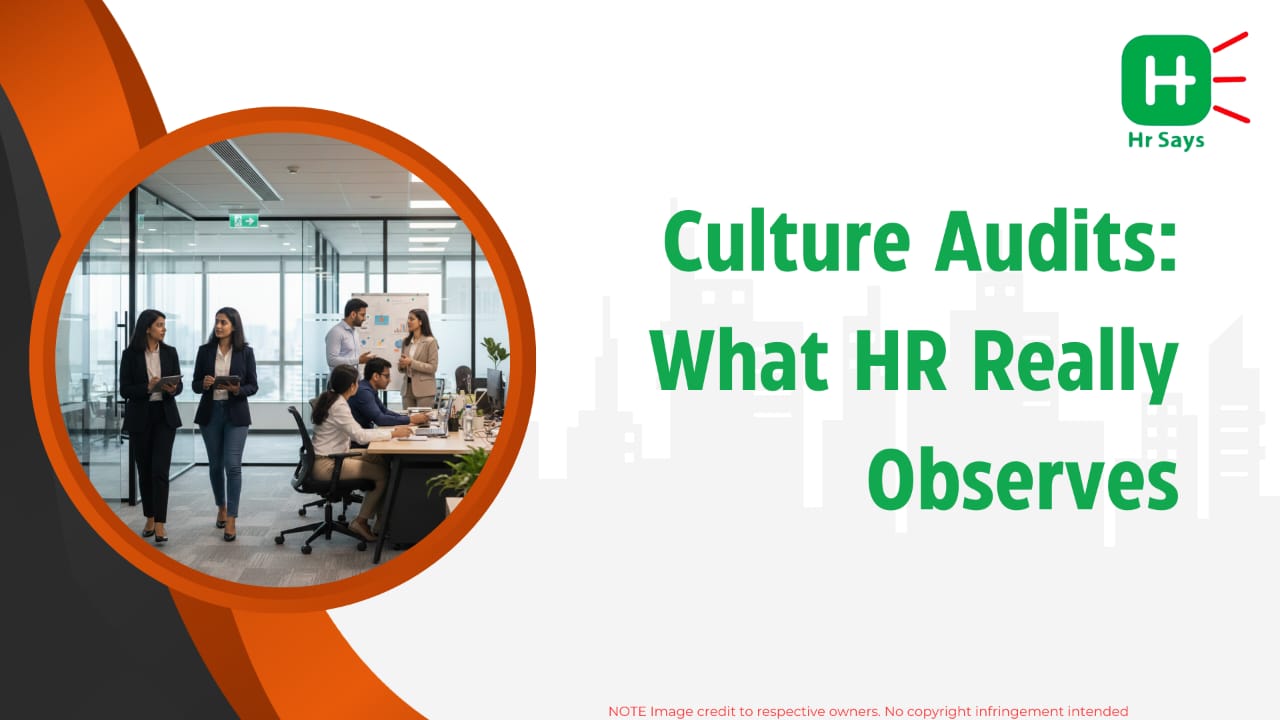
.jpeg)
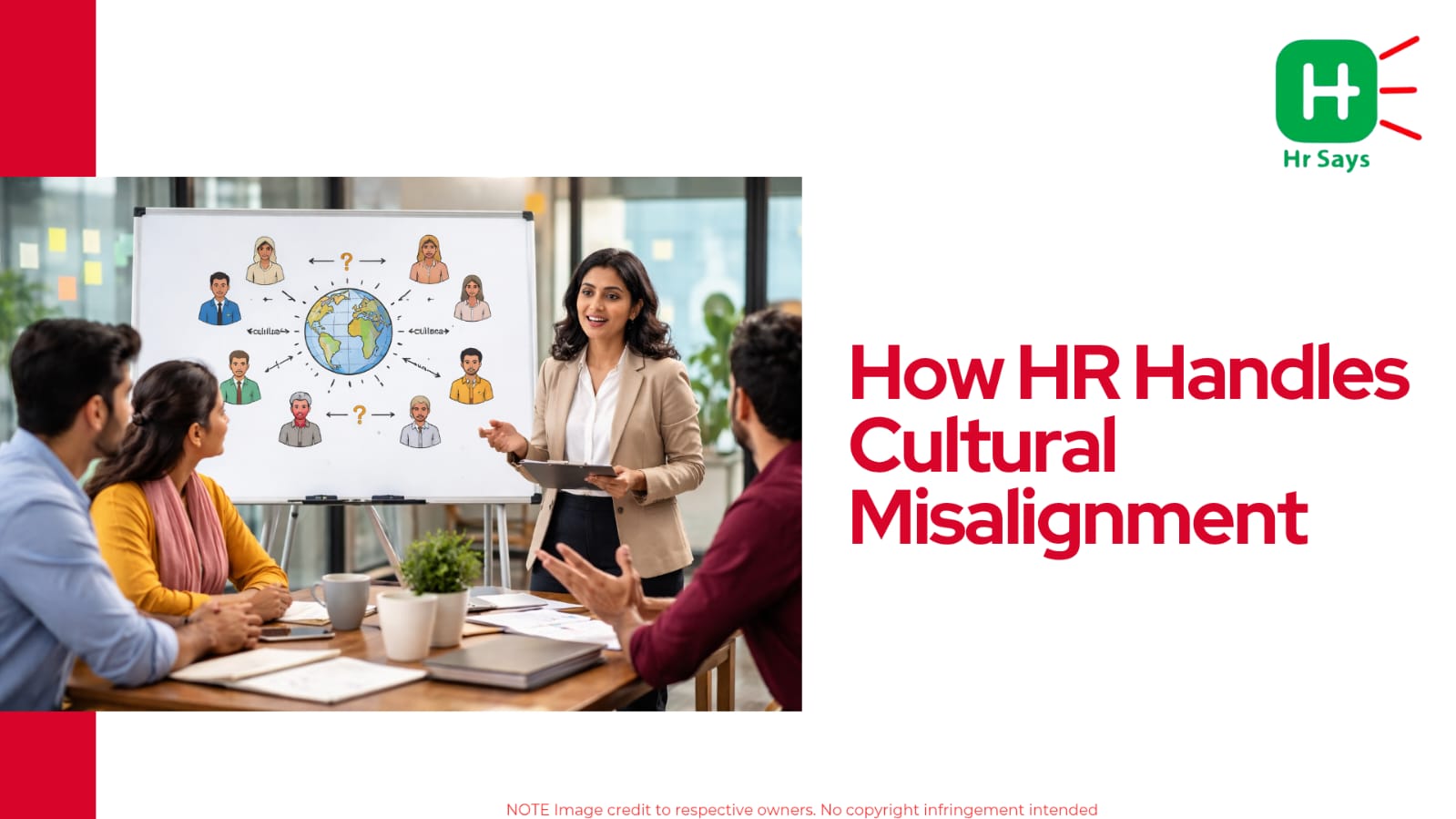
.jpeg)
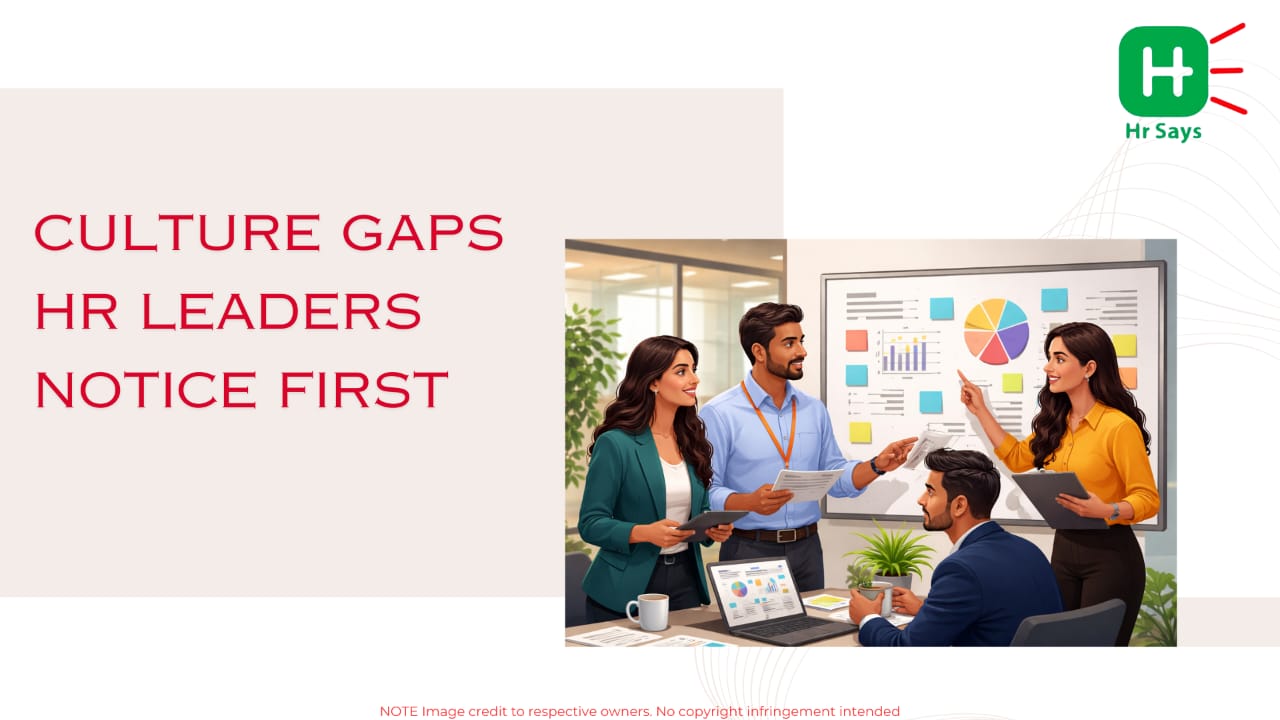
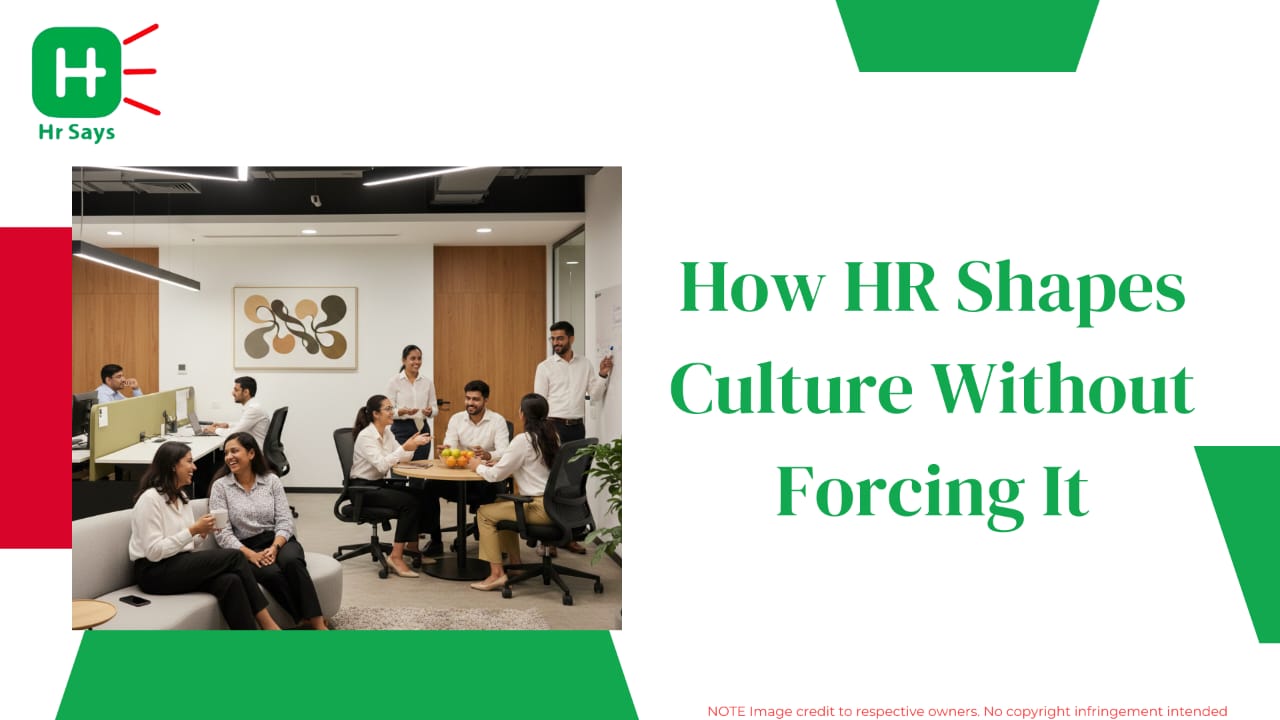
.jpeg)

.jpeg)
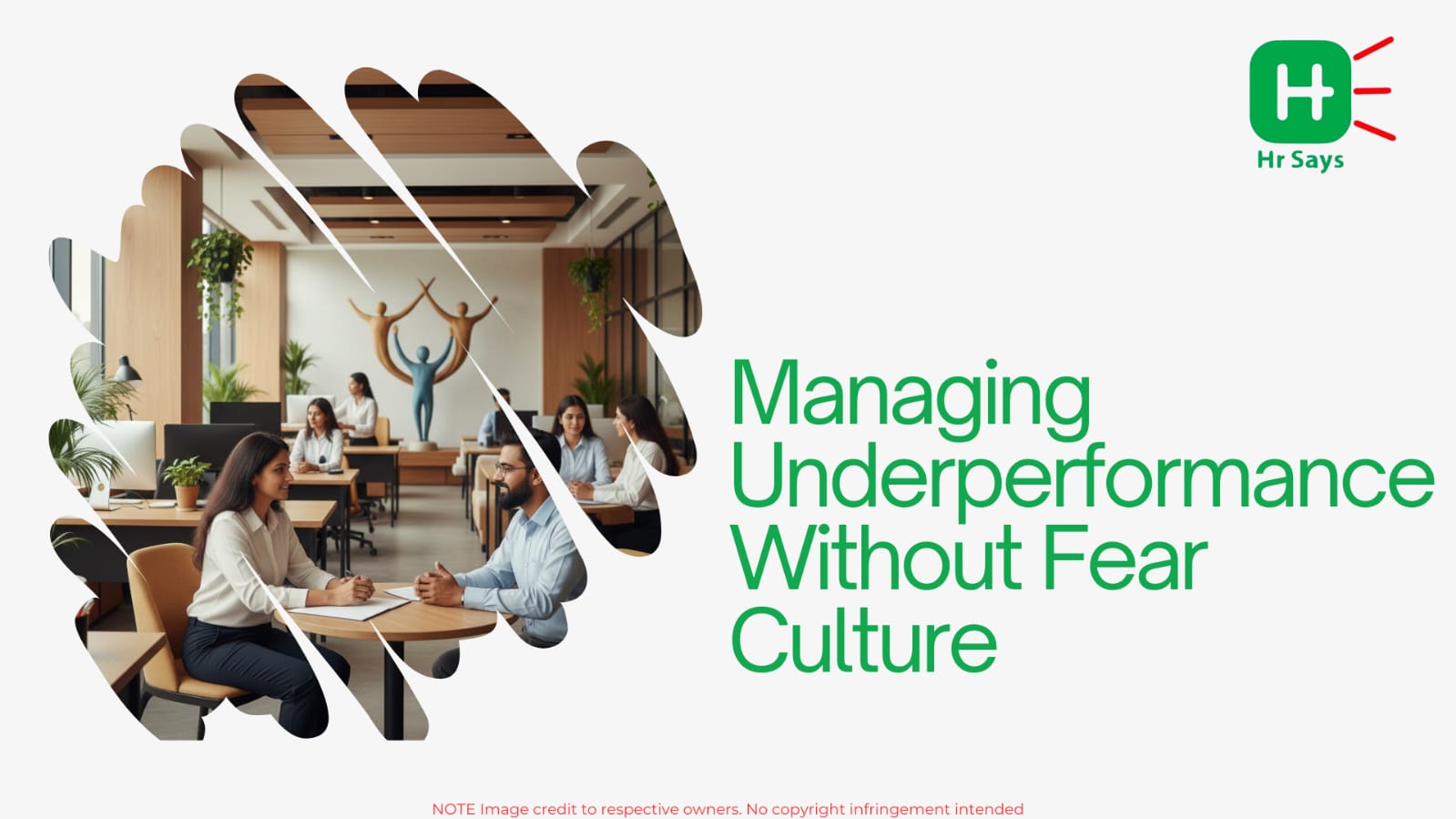
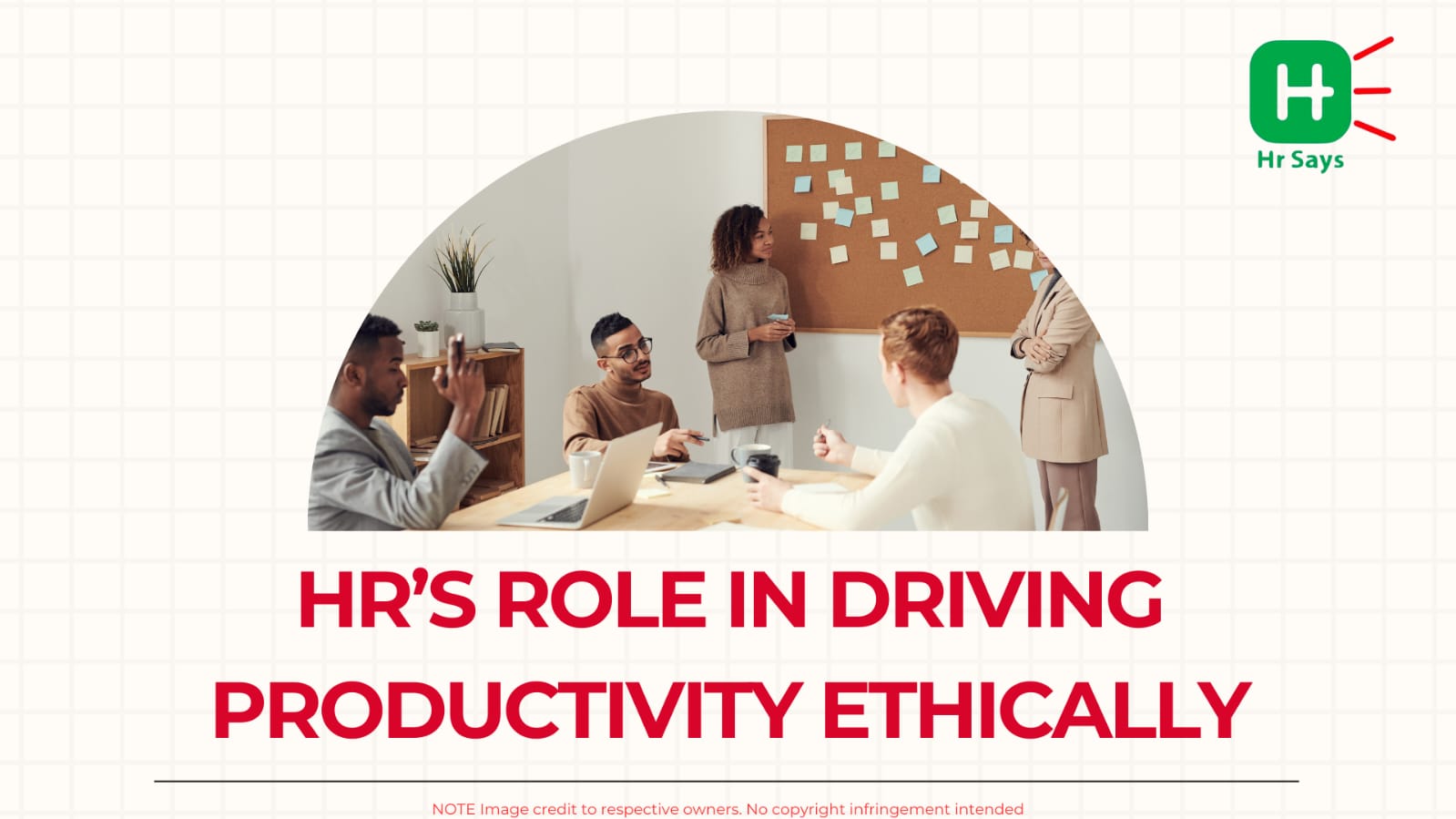
.jpeg)
.jpeg)